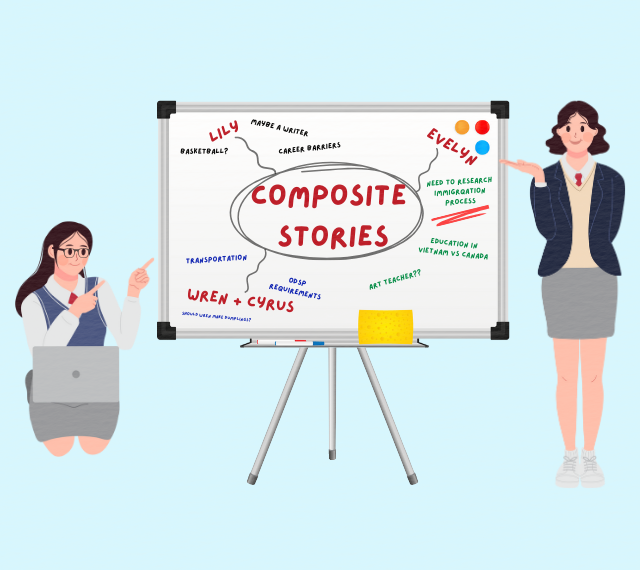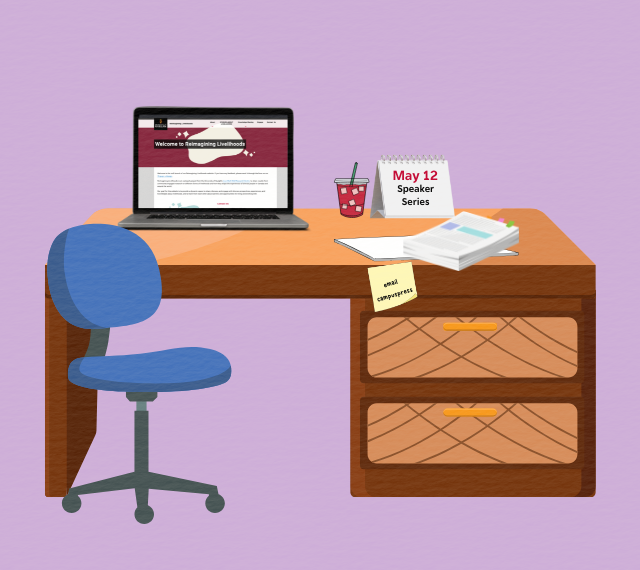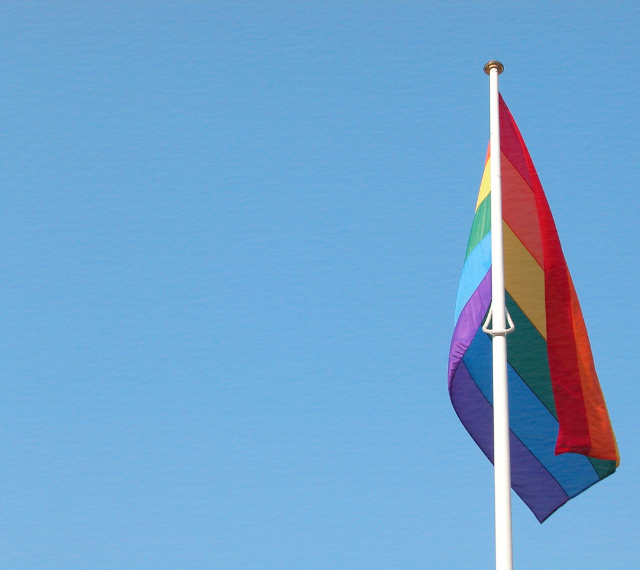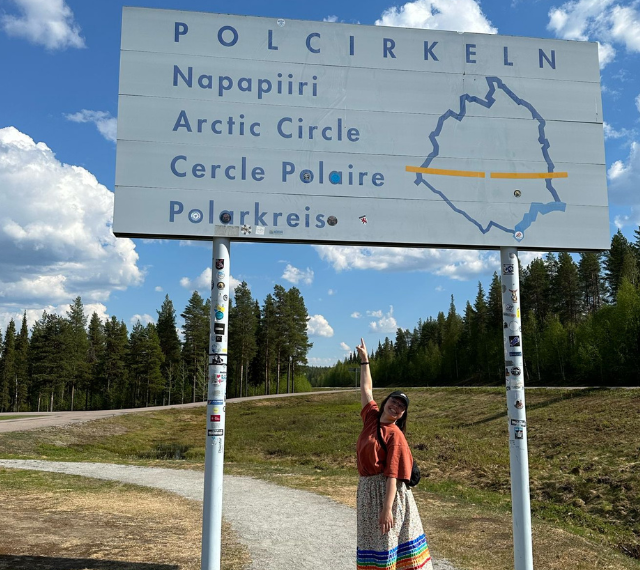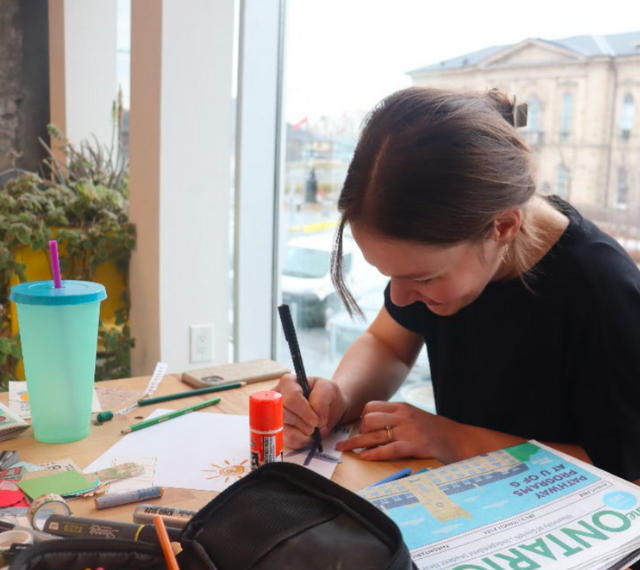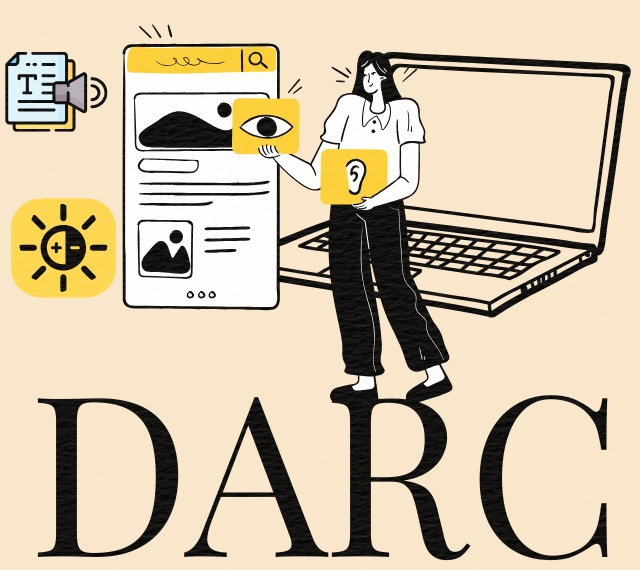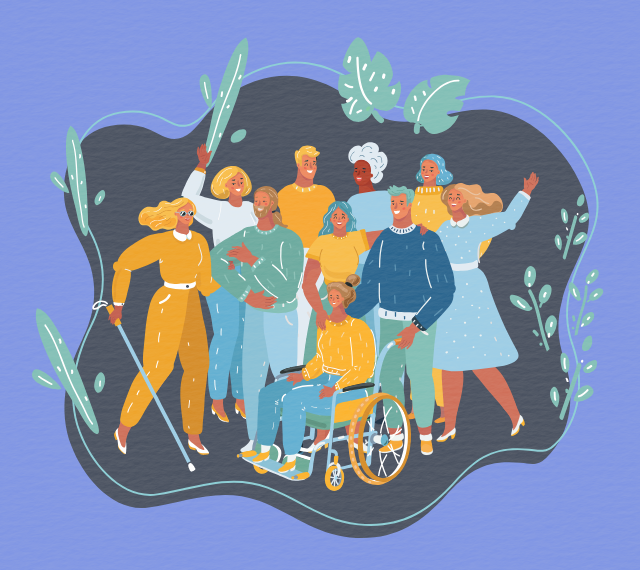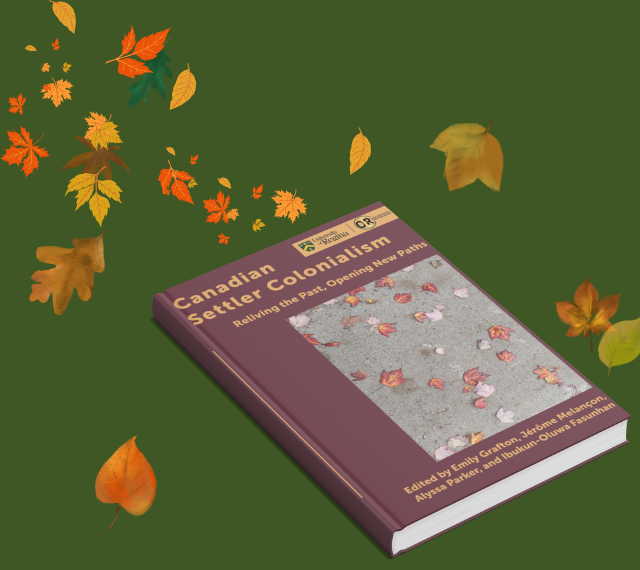
Complex Erasures: Re/Production of Disability under Settler Colonialism, an Interview with Kaitlyn Pothier and Kathryn Reinders
Kaitlyn and Kathryn are the authors of the chapter “Complex Erasures: Re/Production of Disability under Settler Colonialism,” which appeared in Canadian Settler Colonialism: Reliving the Past, Opening New Paths upon its publication in Fall of 2024. We conducted a written interview with them to understand their writing process and what they take away from this experience.
